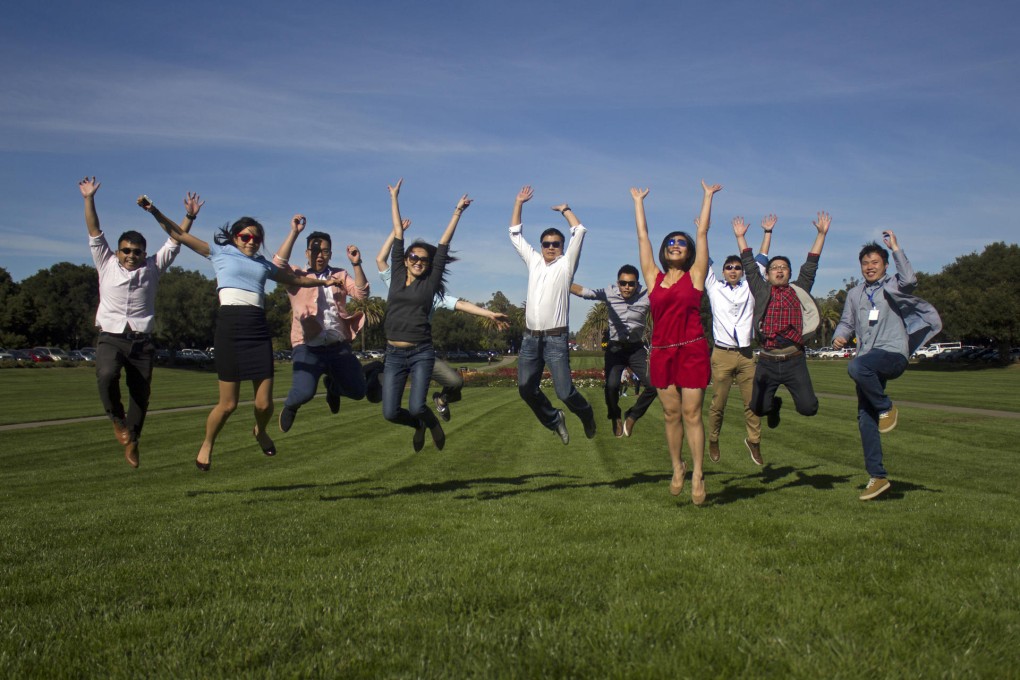A breath of fresh flair: young Hong Kong entrepreneurs chase start-up dreams in Silicon Valley
On a whistle-stop tour of Silicon Valley, some of Hong Kong's most promising young entrepreneurs learn the risks and rewards of chasing their start-up dream. Words and pictures by Jo Baker.

Jeremy Lai Chun-kei's eyes gleam through his jet lag as Google campus bicycles sail by in familiar green-red-yellow colours and a Bay Area breeze chills the air.
"In America, particularly Silicon Valley, there's a willingness to invest in dreams," says the young entrepreneur. "But in Hong Kong, you see that 'make it happen' attitude much more rarely, particularly when it comes to start-ups."
That's something he and those with him intend to change, with a little help from a certain search engine.
Ten months earlier, Lai and his future business partners, then yet to meet, had been among a 600-strong crowd of young tech-minded aspirants, gathering for what each hoped would be the chance of their careers. The Empowering Young Entrepreneurs (EYE) programme was announced by Google's executive chairman, Eric Schmidt, in partnership with the Chinese University of Hong Kong's Centre for Entrepreneurship. It aimed to attract bold new blood to the city's emerging tech-driven start-up scene, and help to fill a gap that both organisations believe exists to Hong Kong's detriment.
"Investing in tech-driven start-ups is an important way for Hong Kong to build on its global reputation and stay competitive," says Dominic Allon, managing director of Google Hong Kong. "But it's still not easy to be a young entrepreneur here. We need to connect the raw talent here with better infrastructure and support."
The programme joined a modest series of funding and training initiatives already serving tech entrepreneurs in the city - but brought with it a little Google pizzazz. A skills-training boot camp for 900 at Chinese University would be followed by a selective mentoring programme for 40 promising teams, largely at weekends over the course of the year, in which they would refine their business plans and build their prototypes. Then, after a series of competitions, the six teams with the best ideas would be flown to America's pioneering tech hub in northern California, known as Silicon Valley, for a packed tour of major tech organisations and start-ups. There they would get to meet, learn from and pitch to a series of big names in innovation, get a sense of what success could look like in a mature market for venture capital investments - and think about how to help Hong Kong get there.
